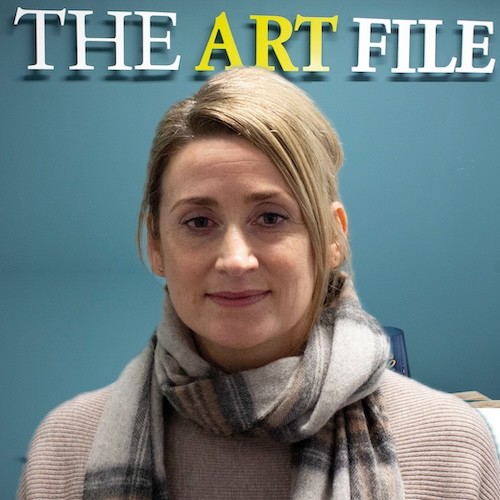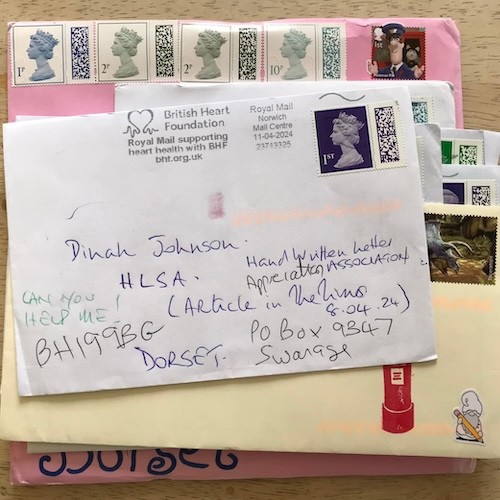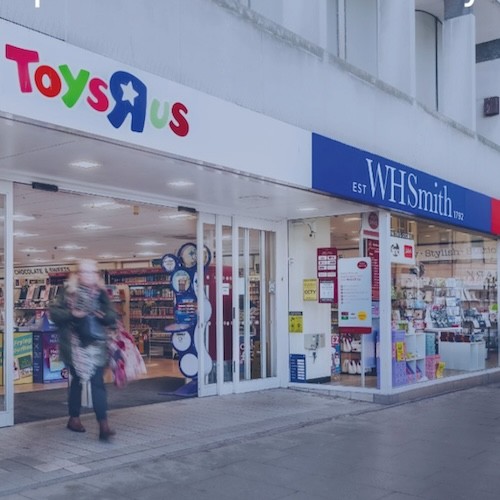Royal Mail hears GCA view as 2nd class stamp price held 1st first class rises to £1.25
Spirits were dampened within the greeting card industry with the news that the price of a first-class stamp is about to rise for the second time in six months – but the positive slant is that you can still make someone’s day with a greeting card that goes anywhere in the UK for just 75p in second class mail.
From 2 October, Royal Mail has decided to increase first class to £1.25, having already risen from 95p to £1.10 in April, but the 7p rise that hit second class stamps up to 100g at the same time has been deemed sufficient – and further changes will then be capped at the consumer price index (CPI) rates for the next five years.
The GCA has been very firm in its campaigning to secure a cost-acceptable and efficient postal service, as evidenced by its official submission to Ofcom on the matter.
In the extensive online submission, the GCA told the postal delivery operator how crucial greeting cards are to the future of the current letters business as, despite the backdrop of declining letter volumes, the greeting card market is “far more stable”, with 42% of UK consumers saying they now only use Royal Mail to send cards, according to Ofcom research.
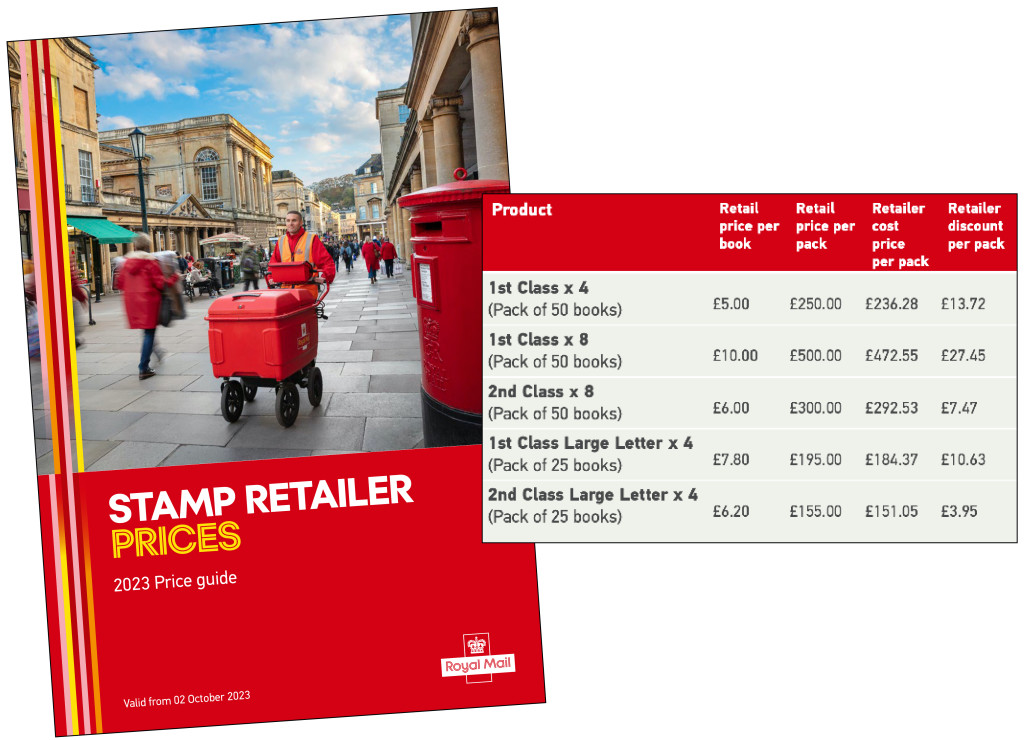
Industry regulator Ofcom is gathering evidence on how the universal service obligation – whereby Royal Mail must deliver letters to every address in the UK, six days a week, at a uniform price – may need to evolve to meet consumers’ needs.
It will set out this evidence in detail later this year explaining how demand is changing, the challenges and costs of delivering the USO, potential options for change and how these might be managed to ensure smooth transition to any future arrangements.
In an unhelpful move the Daily Mail yesterday, 5 September, reported this as Ofcom signalling “it is open to changing the rules”, although Matthew Upton, from Citizens’ Advice, warned against “whittling down a treasured public service”.
He said a review of delivery rules is timely “given continuous service failures at Royal Mail”, and added: ‘Royal Mail holds a virtual monopoly on an essential public service that millions of people rely on, but its ongoing failings paint a dire picture.
‘Despite missed delivery targets in every single postcode area this summer, Royal Mail has chosen to hike stamp prices for the second time this year. Consumers must be firmly at the heart of the review, they’ve been let down for long enough.”
With increased prices, retailers stocking stamps will receive a £7.47 discount on the £300 price of a pack of 50 books of eight second-class stamps, or £3.95 on the £155 cost of a pack of 25 books of four large letter second-class stamps which cost £1.55 each to customers.
In a thorough response to the recent Ofcom consultation on the Review Of Second Class Safeguard Caps 2024 on behalf of the industry, which closed on 31 August, the GCA highlighted that increases in large letter prices are also hitting the greeting card industry, because innovations have seen cards with greater longevity and sustainability features such as keepsake pop-ups, or with detachable badges and patches, or imprinted paper which make the designs too thick to go as a standard letter.
GCA council member and co-owner of Cardology David Falkner was heavily involved in the association’s submission to Ofcom, where he stated: “We believe we can best serve the needs of British consumers when we have the ability to innovate with different card styles that consumers can send cost-efficiently.
“Significant recent greeting card innovation has been in response to consumer demand for products that require large letter postage. We understand this is because, in an increasingly digital age, if you’re going to the effort of sending a physical card, you want the gesture to stand out. This emerging section of our market has been affected by the higher price rises in large etter stamp prices since 2019.”
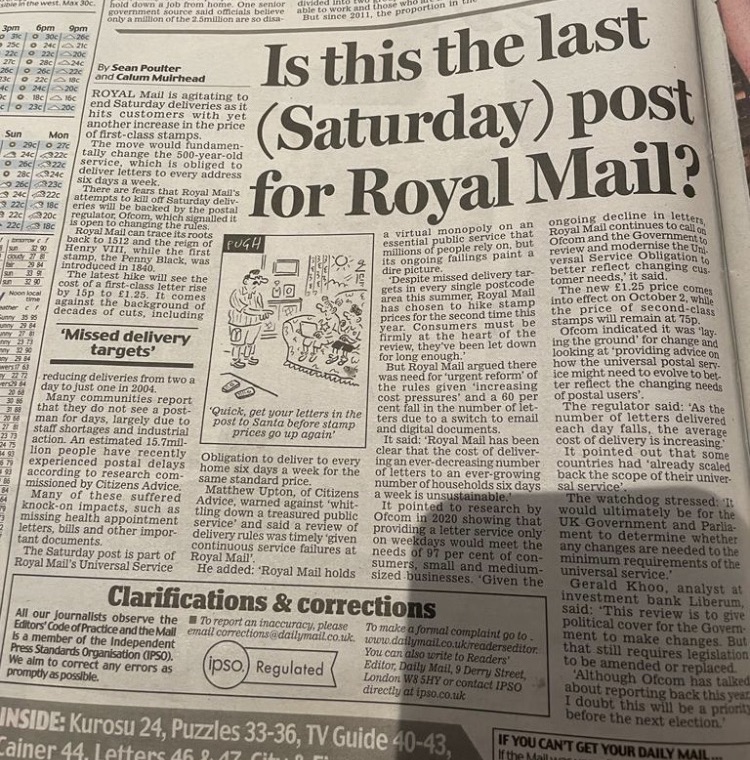
Calling the GCA “a critical friend”, the association also raised the issue that affordability needs to be coupled with a regular, reliable, six-day delivery service that is “key to driving the volume stability required for the financial sustainability of the Letters business”.
David added: “As an industry, we experienced first hand the impact the 2022 strikes had on Christmas card sales and sending. That experience informs our perspective that regaining consumer confidence after it’s been lost is, if not impossible, extremely hard. At a minimum it takes significant collaborative effort across our industry and partners.
“Greeting cards, as social mail, have always been the one letter that consumers want to receive, and therefore a key driver of positive engagement with Royal Mail. It is the post that leads the way.
“Clearly, the return to service levels which drive a virtuous cycle of volume trends are as beneficial to Royal Mail as they are to our own industry.”
And the association’s response to Ofcom also suggested that proposals, may need to be re-examined if transpires there is a bigger postal affordability issue than has been established to date, particularly with specific protected groups such as the over 55s “where the presented evidence of non-discrimination appears to be primarily underpinned solely by the view that this group don’t complain”.
The GCA asked for further analysis around seasonal affordability pinch-points before Ofcom concludes that postal services are affordable.
David added: “This is particularly true at Christmas, where families and friends often wish to exchange higher volumes of cards to reinforce social bonds,” and pointed out the such demand is specified as “highly valued” within the Royal Mail’s consultation document.
The questionnaire asked if there is value in developing a target scheme focusing on vulnerable consumers, and the GCA’s response was: “We believe a thriving social letters business builds strong communities.
“While guarding against complacency, we also note the inclusivity of our industry which offers designs at price-points suitable for all consumers. Because of this range, and the different commercial impacts such a scheme might have on different publishers, it is difficult for us as an industry body to offer a singular response to this question.
“If we are correct that the act of receiving a card is as important to vulnerable users as sending a card, then clearly any such scheme must also consider how best to prioritise vulnerable recipients.”
Royal Mail dates back to 1512 and the reign of King Henry VIII, with a penny post service in London starting in 1685 offering same-day delivery with up to 12 deliveries a day, and it then operated a seven-day service until WWI when Sunday post was ended due to costs and the lack of manpower.














